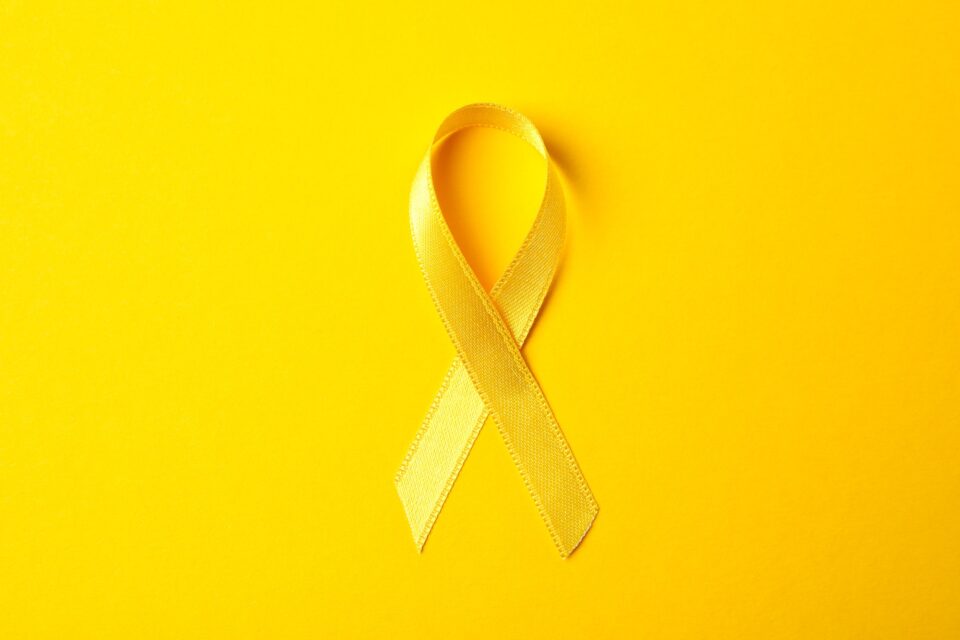Survivor.
Thriver.
These and other words are how people choose to identify themselves when they’ve experienced cancer.
Words matter! In a time of life with cancer when it seems there is not a lot within one’s control, choosing how one wants to identify themselves can be empowering. This news post will give a glimpse into the complex world of finishing cancer treatment and suggest how cancer patients and their support community can interact with these terms.
In the most basic sense, who does a cancer survivor refer to?
The National Cancer Institute, the U.S. federal government’s agency for cancer research and training, says, “An individual is considered a cancer survivor from the time of diagnosis through the rest of life.”
While having a cancer diagnosis is a shared experience among people, the way individuals emotionally process the diagnosis is different for everyone.
Generally, when considering what support services best fit someone’s season of life and the phases of diagnosis, treatment, and recovery, Wheelhouse refers to a cancer survivor as someone who has completed active treatment. However, Wheelhouse, tailors all service offerings to meet the needs of the individual, no matter their cancer experience.
Why do terms matter?
One size doesn’t fit all. That’s true of shoes and of terms.
Unless you have a close relationship with someone who has cancer or you personally received a cancer diagnosis, the assumptions about being in treatment or post-treatment can be… unrealistic… to say the least.
After completing cancer treatment, workplace professionals may expect you to return to work and go back “to the way it always was” before receiving a diagnosis.
As Wheelhouse’s COO found along with many others, just because cancer treatment was over, the cancer journey – or experience – was far from over. The practical physical implications of finishing treatment and the corresponding emotions are unique to everyone.
Realizing that you’ve changed through experiencing cancer also means that you’re reassessing your identity and what you value. It can be a daunting period of time but know you are not the only person going through this and there are identifiable stages in the cancer survivor journey that can bring understanding and context to how you’re feeling.
While all that is happening, someone who has finished treatment might not feel like they’re thriving – they’re just trying to get through one day at a time. Feeling completely overwhelmed by life’s little and big things might leave one exhausted without much fight left in them. And for others, the battle scars of cancer match the strength of coming through the hardest time in life and coming out on the other side a warrior.
No term is better than another or means you’ve succeeded over someone else – it’s not competition! What a term does do is give you meaning to the trials and victories that brought you to today.
How do I respectfully ask my community to refer to my terms?
Back to assumptions… your work, family, and friends may unknowingly – often without maliciousness – assume you will feel and respond in certain ways after completing cancer treatment.
Be honest with what you need from others and be honest with yourself about what you need. Maybe you don’t even want to discuss cancer’s impact on your life. It’s okay! Try not to let your feelings build up inside so that they reach a boiling point, spilling over into anger and frustration toward the people around you. Often, keeping communication open with your community will result in deeper relationships and a happier, healthier you.
People who love and respect you will also respect your requests. And remember to have grace on others and on yourself, we all want to see you succeed so it may take several gentle reminders.







